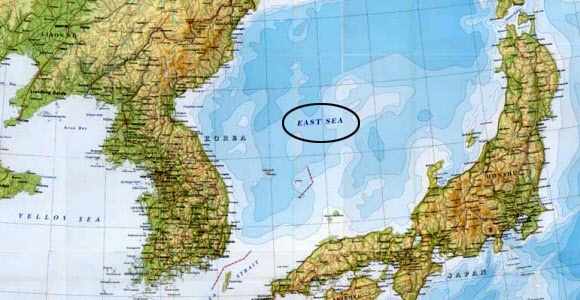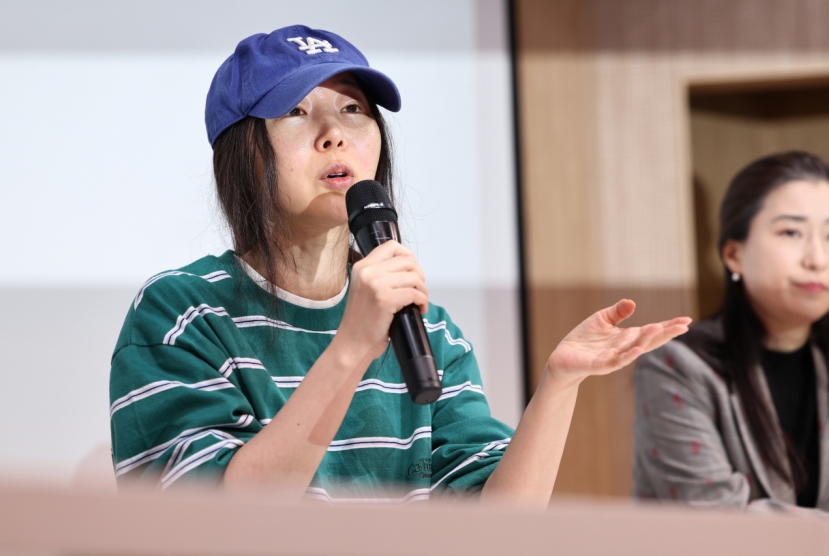Seoul is pushing for the official identification of the waters between Korea and Japan as the East Sea at an international conference in Monaco this week in the face of robust resistance from Tokyo, officials said Sunday.
The International Hydrographic Organization will kick off its triennial assembly in Monaco on Monday for a five-day run, during which its 87 member states are expected to discuss the amendment of the Limits of Oceans and Seas, its guideline for world maps and charts. For the meeting, the Foreign Ministry has formed a delegation of some 30 officials from the maritime and defense ministries as well as government and private think tanks.
The International Hydrographic Organization will kick off its triennial assembly in Monaco on Monday for a five-day run, during which its 87 member states are expected to discuss the amendment of the Limits of Oceans and Seas, its guideline for world maps and charts. For the meeting, the Foreign Ministry has formed a delegation of some 30 officials from the maritime and defense ministries as well as government and private think tanks.

Since the 1997 assembly, Korea has been calling for the publication’s S-23 document, which currently addresses the waters as the Sea of Japan, to change the name to the East Sea. Tokyo is against it.
Though most member countries concur on the need to issue a new edition, the efforts have made little progress due to the disagreement between Seoul and Tokyo, ministry officials here said.
In line with the IHO’s consensus-centered approach, Seoul then suggested a parallel identification of the two names until the dispute is settled, but Japan also rejected it.
The Monaco-headquartered organization’s convention recommends that if two or more countries share an area under different names, they should “endeavor to reach agreement” to fix a single name.
The 20-year stalemate has also spawned skepticism that the designation has little practical value even if it is changed, given the universal use of digital maps based on the global positioning system.
Today most ships also use services exclusively offered by the countries they are in. That means the map would show the zone as the East Sea in Korean waters and as the Sea of Japan in Japanese waters.
Seoul, meanwhile, has been reaching out to individual mapmakers around the globe to encourage them to at least apply the two names together. The ratio of world maps carrying the East Sea title has risen from a mere 2 percent in the early 2000s to some 28 percent in 2009, a ministry official said, declining to provide the latest figure due to possible counteractions from Japan.
“We’re struggling to reach a compromise due to Japan’s uncooperative attitude,” the official told reporters on customary condition of anonymity. “While making utmost diplomatic efforts, we will continue to work with other member states, private cartographers and foreign media organizations.”
By Shin Hyon-hee (heeshin@heraldcorp.com)


![[Herald Interview] 'Amid aging population, Korea to invite more young professionals from overseas'](http://res.heraldm.com/phpwas/restmb_idxmake.php?idx=644&simg=/content/image/2024/04/24/20240424050844_0.jpg&u=20240424200058)















